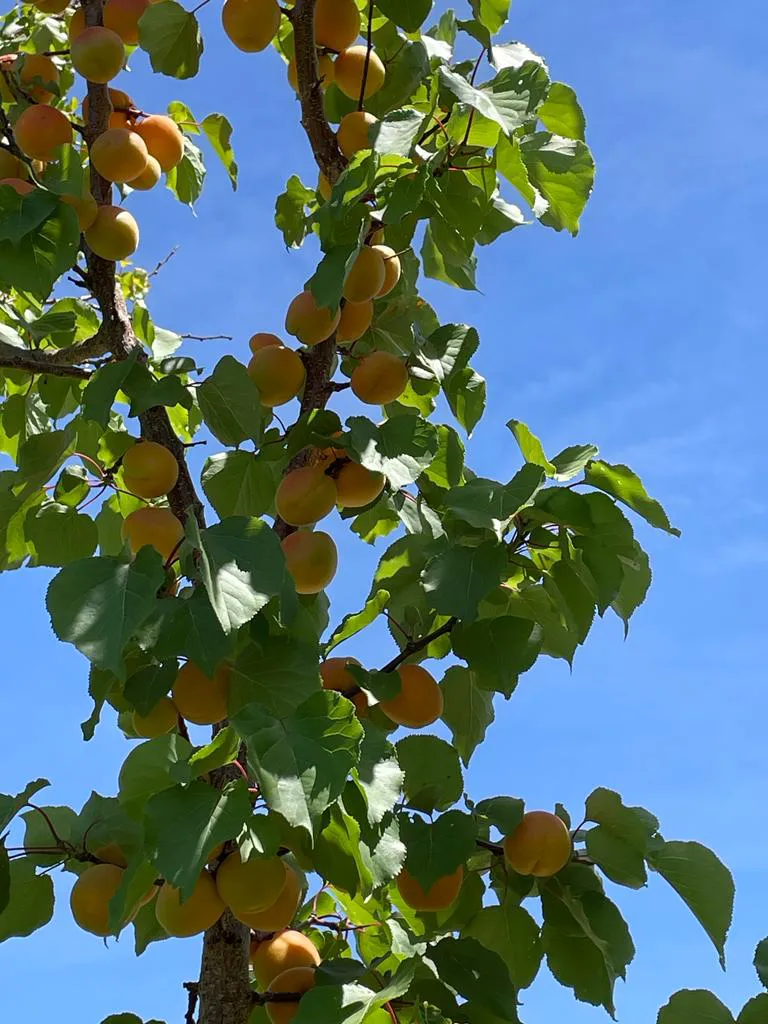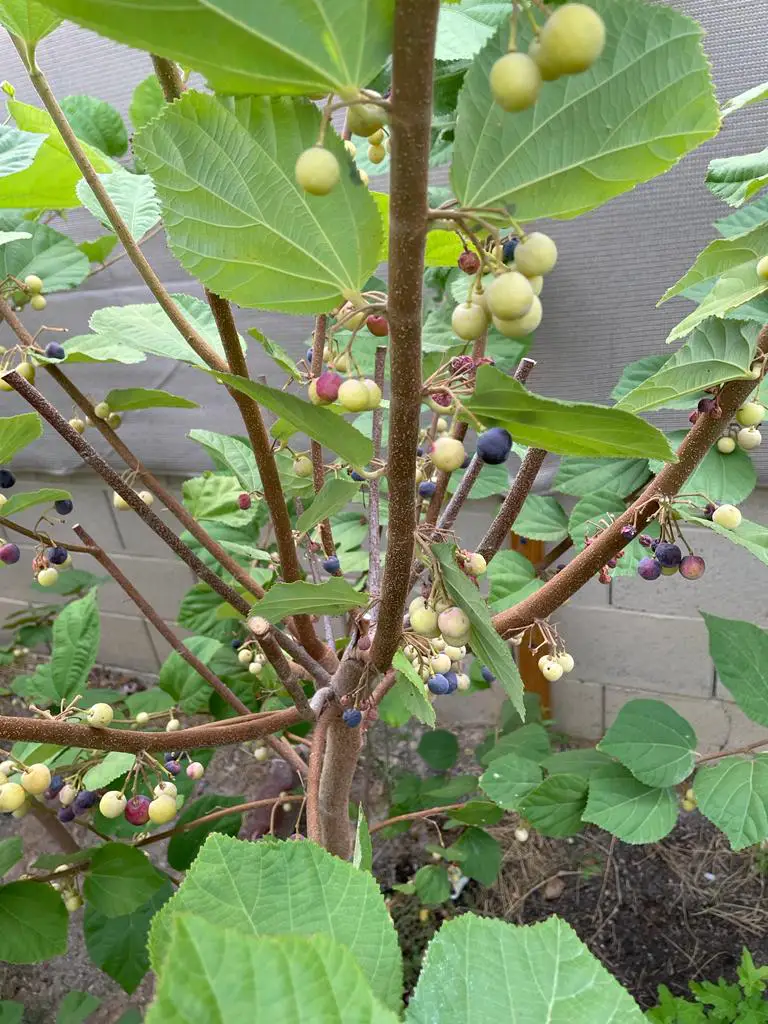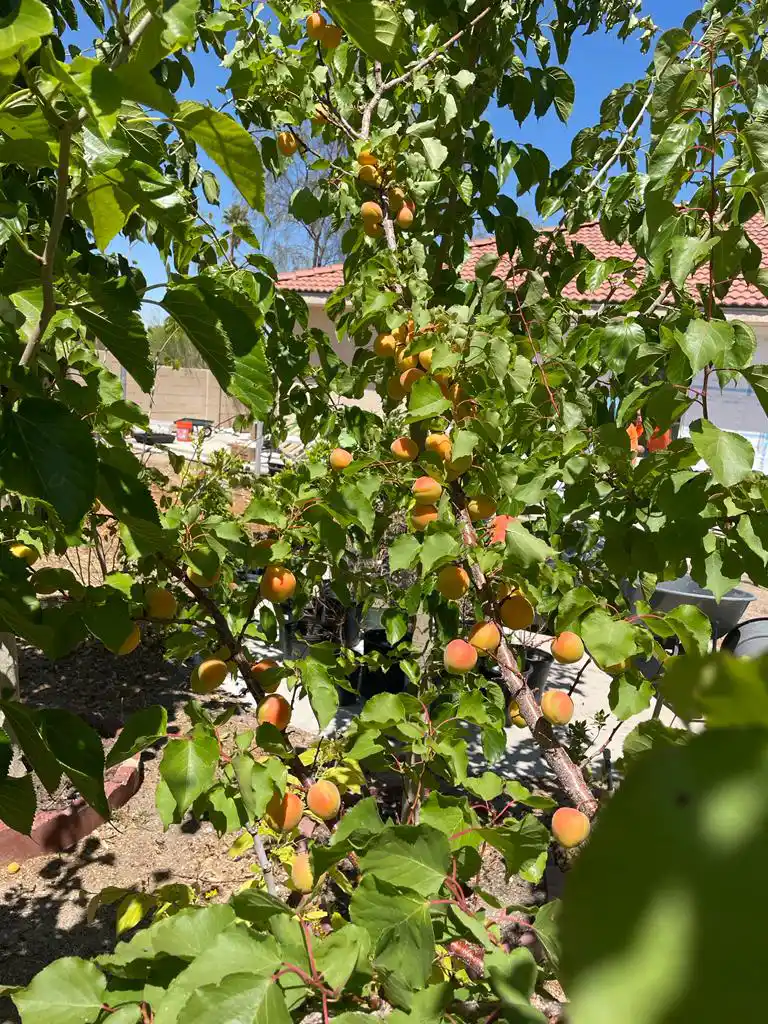What Sets Nevada Memory Care Apart?
What sets Nevada Memory Care apart from other healthcare communities? The answer lies in the meticulous attention we give to our residents’ well-being, surpassing conventional standards. The first pillar of our distinctive approach involves prioritizing hydration to minimize urinary tract infections (UTIs), a common concern for individuals with cognitive impairments.
Hydration and UTI Infections
Hydration plays a crucial role in reducing urinary tract infections (UTIs) in Memory Care Facilities. Individuals with dementia, Alzheimer’s disease, or other cognitive impairments may face challenges in communicating their needs, including thirst. Here’s how adequate hydration contributes to reducing UTIs in this specific care setting:
- Immune System Support: Proper hydration is essential for maintaining a healthy immune system. Adequate fluid intake helps the body fight off infections, reducing the risk of UTIs in individuals with compromised cognitive abilities.
- Urinary Tract Flushing: Hydration promotes regular urination, which helps flush bacteria out of the urinary tract. This flushing action is crucial in preventing the accumulation of bacteria that can lead to UTIs.
- Improved Kidney Function: Proper hydration supports kidney function, allowing the kidneys to effectively filter waste and excess fluids from the blood. This helps prevent the concentration of toxins and bacteria in the urinary system.
- Prevention of Urinary Stasis: Dehydration can contribute to urinary stasis, where urine remains stagnant in the urinary tract. Stagnant urine provides an environment conducive to bacterial growth, increasing the risk of UTIs.
- Enhanced Cognitive Function: Hydration is linked to cognitive function, and individuals with cognitive impairments may be more prone to forget to drink water. By ensuring proper hydration, caregivers can potentially improve overall cognitive function and awareness, reducing the risk of neglecting personal needs, including staying hydrated.



To promote hydration and reduce the risk of UTIs in Memory Care Facilities, caregivers can implement the following strategies:
- Regular Monitoring: Regularly monitor residents’ fluid intake and output to identify potential signs of dehydration.
- Encouragement and Assistance: Actively encourage residents to drink fluids and provide assistance if needed, especially for those who may have difficulty expressing their thirst or drinking independently.
- Accessible Fluids: Ensure that water and other beverages are easily accessible to residents throughout the day.
- Offering a Variety of Beverages: Provide a variety of appealing beverages to cater to individual preferences, potentially increasing fluid intake.
- Incorporating Hydration into Activities: Integrate hydration into daily activities and routines, making it a natural part of the care provided.
By prioritizing hydration at Nevada Memory Care, we have invested in Kangen Water Machine to actively encourage residents to drink fluids and reduce the incidence of UTIs, which are common and often preventable in this population. Regular communication and observation are key in identifying and addressing hydration needs.
Fruits and Vegetables
Growing your own fruits and vegetables in Memory Care facilities can offer additional benefits beyond the health advantages for residents. It can contribute positively to sustainability and have implications for climate change. At Nevada Memory Care, we have planted more than 100 fruit trees and shrubs during the last four years. We have planted trees and shrubs that are not available in the market due to fragility of transportation and shorter shelf life. In addition, all of our fruits and vegetables have some form of antioxidant value.



Antioxidants are compounds found in various fruits and vegetables that play a crucial role in promoting health and preventing certain diseases. Here’s how the antioxidant value in fruits and vegetables contributes to healthcare:
- Neutralizing Free Radicals: Antioxidants help neutralize free radicals in the body. Free radicals are unstable molecules produced during normal metabolic processes and exposure to environmental factors like pollution and UV radiation. Excessive free radicals can damage cells and contribute to the aging process and various diseases. Antioxidants counteract this damage by stabilizing free radicals.
- Reducing Oxidative Stress: Oxidative stress occurs when there is an imbalance between free radicals and antioxidants in the body. Chronic oxidative stress is associated with various health conditions, including cardiovascular diseases, neurodegenerative disorders, and certain cancers. Antioxidants help mitigate oxidative stress, potentially reducing the risk of these diseases.
- Supporting Cardiovascular Health: Antioxidants, such as flavonoids and polyphenols found in fruits and vegetables, are associated with cardiovascular health. They may help lower blood pressure, reduce inflammation, and improve overall heart function, contributing to a lower risk of heart disease.
- Protecting Brain Health: Some antioxidants, like vitamins C and E, and compounds such as flavonoids, have been linked to cognitive function and a reduced risk of neurodegenerative diseases, including Alzheimer’s disease. These antioxidants may help protect brain cells from oxidative damage.
- Anti-Inflammatory Effects: Chronic inflammation is implicated in the development of various diseases, including arthritis and certain cancers. Antioxidants can help combat inflammation by neutralizing inflammatory molecules, potentially reducing the risk of inflammatory conditions.
- Immune System Support: Antioxidants play a role in supporting the immune system. They help protect immune cells from damage caused by free radicals, ensuring the proper functioning of the immune response. This is essential for overall health and the body’s ability to defend against infections.
- Skin Health: Antioxidants contribute to healthy skin by protecting it from oxidative damage caused by factors like UV radiation and pollution. Some antioxidants, such as vitamins C and E, are particularly beneficial for maintaining skin elasticity and preventing premature aging.
- Reducing Cancer Risk: While the relationship is complex, a diet rich in antioxidants, along with other healthy lifestyle factors, is associated with a lower risk of certain cancers. Antioxidants may help protect cells from DNA damage that could lead to the development of cancer.
Environmentally Friendly Garden
Here are some ways in which cultivating a garden at Nevada Memory Care has environmentally friendly effects:
- Reduced Carbon Footprint: Growing your own produce on-site reduces the need for transportation, which is typically associated with the carbon emissions generated during the shipping of fruits and vegetables to various facilities. Local and on-site cultivation decreases the overall carbon footprint of the food consumed.
- Lower Energy Consumption: Industrial farming and long-distance transportation of food require significant energy inputs. By cultivating fruits and vegetables on-site, the energy footprint associated with food production, processing, and transportation is considerably reduced.
- Water Conservation: Growing a garden can be managed with water-efficient practices, especially if facilities adopt methods like drip irrigation and rainwater harvesting. This can contribute to water conservation efforts, a critical consideration given the increasing scarcity of water in many regions.
- Waste Reduction: On-site gardening allows facilities to manage organic waste more effectively. Kitchen scraps and plant trimmings can be composted, reducing the amount of organic waste sent to landfills. Composting, in turn, contributes to healthier soil and further supports sustainable practices.
- Promotion of Biodiversity: Gardens can provide habitat for local flora and fauna, promoting biodiversity within the facility’s surroundings. This can have positive effects on the local ecosystem, supporting various plants, insects, and birds.
- Educational Opportunities: Involving residents in gardening activities offers educational opportunities about sustainable practices and environmental stewardship. It fosters a sense of connection to the natural world and increases awareness about the impact of food choices on the environment.
- Therapeutic Benefits: Gardening can be therapeutic for individuals with cognitive impairments. Engaging in activities such as planting, nurturing, and harvesting can enhance well-being and mental health. The connection to nature and the outdoors contributes to a holistic approach to care.
- Community Building: A communal garden can foster a sense of community among residents, staff, and possibly even involve family members. Collaborative gardening activities provide a shared sense of purpose and accomplishment, contributing to the overall social environment within the facility.



Conclusion:
In conclusion, Nevada Memory Care stands as a beacon of excellence, redefining the landscape of memory care communities. Our unwavering commitment to superior facilities, holistic health, and environmental consciousness sets us apart. As you explore our comprehensive approach to care, we invite you to learn more about us and discover the values that drive our dedication.
For any inquiries or to connect with our team, feel free to contact us. We value open communication and are here to address any questions or concerns you may have. Your journey with Nevada Memory Care starts with a simple conversation.
To get a visual glimpse into our community and witness the vibrant life within, explore gallery for a collection of images capturing the essence of our residents’ experiences. We believe in transparency, and our gallery provides a firsthand look at the warmth and sense of belonging that defines our community.
Thank you for considering Nevada Memory Care as your trusted partner in memory care. We look forward to welcoming you into our community and providing unparalleled care for your loved ones.
